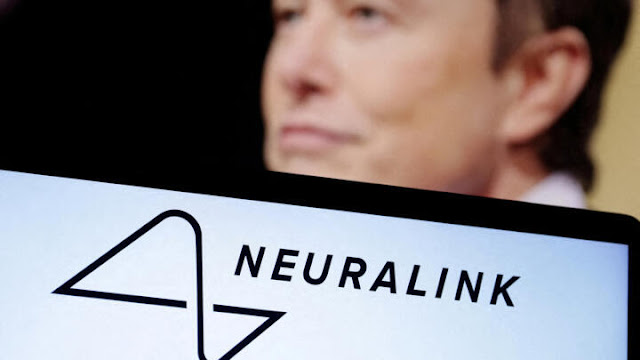Elon Musk declared that Neuralink had achieved a significant milestone by implanting its third patient. With an emphasis on patients with spinal cord injuries, the business is improving its brain-computer interface and intends to increase studies with 20–30 additional implants this year.
Elon Musk said that Neuralink, his brain-computer interface firm, has successfully implanted a third person, achieving yet another significant milestone in the company's endeavors to link the nervous system to technology. During an interview at an event in Las Vegas that was broadcast live on his social media platform X, Musk verified the information.Musk announced, "We've got... three humans with Neuralinks and all are working well," demonstrating the company's ongoing development.
Neuralink's technological advancements
Neuralink has significantly improved its gadgets since the initial implant almost a year ago. Musk disclosed that the implants' functioning has been improved with additional electrodes, increased bandwidth, and extended battery life.
Musk highlighted the progress achieved since the initial implantation by stating that they have improved the devices with more electrodes, higher bandwidth, and longer battery life.
Plans to increase the number of trials
In order to implant the experimental gadgets in 20 to 30 more individuals, Neuralink intends to extend its trials this year. Musk did not, however, give any precise information regarding the most recent patient's health.
Developments with prior implant recipients
The prior implant patients received updates. With the Neuralink gadget, the second recipient, who had a spinal cord injury, was able to play video games and build 3-D items using computer-aided design software.
The first patient, who was similarly paralyzed by a spinal cord injury, revealed that the implant enabled them to play chess and video games, indicating the potential for the technology to enhance quality of life.
The function of the FDA and regulatory approval
In 2023, US regulators approved the use of Neuralink's brain implants for human testing. An "investigational device exemption," which permits businesses to carry out trials prior to a gadget being introduced to the market, necessitates FDA clearance for high-risk devices like Neuralink's.








0 Comments